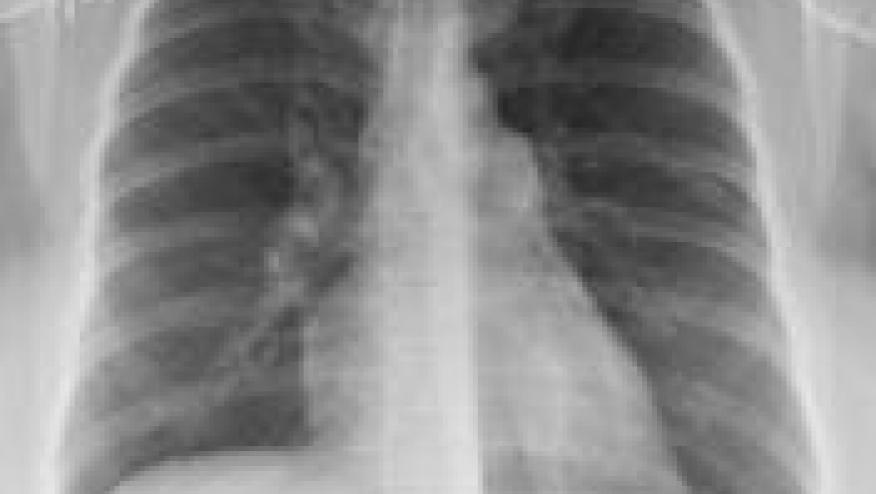Risk Factors for Pulmonary Hypertension in Lupus Save

Fidler and colleagues from Toronto have recently shown that pulmonary disease is common in lupus, as they found 56% of their patients with abnormal pulmonary assessments. They found 12% with pleural disease, 11% with interstitial lung disease, 10% with shrinking lung syndrome and 5% with pulmonary arterial hypertension (PAH). (Citation source http://buff.ly/1SGqXVX)
Researchers from the Peking Union Medical College Hospital have studied PAH in systemic lupus erythematosus (SLE) using a case-control study design. They identified 111 right-heart catherization confirmed SLE-PAH patients with a mean onset age of 34.6 years and an average lupus duration of 5 years. They found nearly half of patients were WHO Fc I-II, all were treated with immunosuppressants, and 65% took PAH-targeted therapy.
This study confirmed 2 independent risk factors for PAH that have been previously reported: A) pericardial effusion (OR = 21.290); and B) anti-RNP antibody (OR = 12.399). They also identified 6 other independent variables that were significantly associated with PAH in SLE patients: 1) SLE duration; 2) interstitial lung disease; 3) not having an acute rash; 4) anti-SSA antibody; 5) SLEDAI ≤ 9; and 6) ESR≤20 mm/h and uric acid > 357 μmol/L. This study also showed that PAH-SLE patients usually diagnosed earlier have less disease severity than patients without PAH.










If you are a health practitioner, you may Login/Register to comment.
Due to the nature of these comment forums, only health practitioners are allowed to comment at this time.